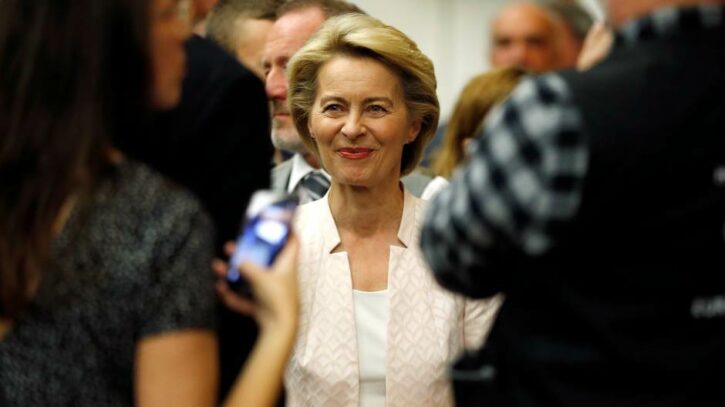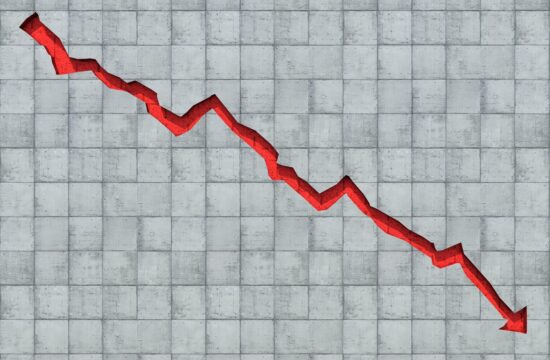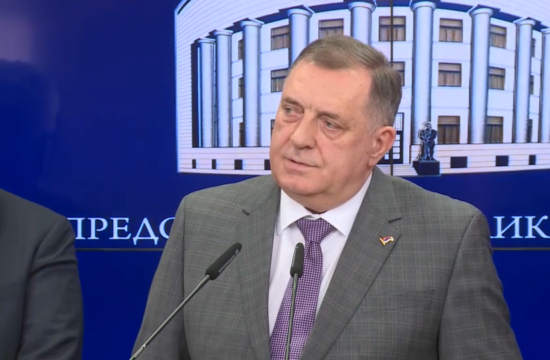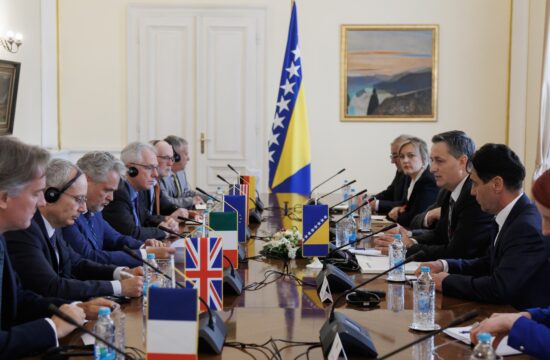
Ursula von der Leyen, former German Defence Minister and a prominent member of Germany's Christian Democrats, talked to N1's Ivana Dragicevic on Tuesday evening shortly after the European Parliament confirmed Von der Leyen as the new European Commission president.
In Tuesday's vote, Von der Leyen won 383 MEP votes in a 751-seat assembly, getting only nine votes more than the required minimum of 374. She is now set to formally take over from Luxembourg's Jean-Claude Juncker on November 1, when her five-year term at the helm of European Union's top executive body will officially start.
Asked to comment on the future composition of the European Commission, especially regarding officials from Eastern Europe and possible commissioners from those countries, Von der Leyen said that there should be a “geographic balance” in the makeup of the future Commission.
“I am not at all decided now how the puzzle will be at the very end. But I am aware of the fact that there has to be a geographical balance. Therefore I'm looking at central and eastern Europe specifically. I have to talk now with heads of states and government, but you can rely on me that there will be an emphasis on this topic.”
Speaking about the enlargement of the European Union and the prospects of Western Balkan countries which are mostly in various stages of membership negotiations, Von der Leyen said that she would support close ties between the EU and that region during her term as President of the European Commission.
“The Western Balkans is very important for the European Union. It's Europe. And therefore I will support as much as possible the growing relationship between the Western Balkan countries and the European Union. I think it is in both of our interests to be open, to be constructive… Of course, reforms have to be done, but to have the door open and an open mind for these topics, is very important for me.”
Von der Leyen was also asked if she had plans to visit Croatia, which will take over the rotating six-month Presidency of the European Union Council during the first half of 2020.
“I have been there already, in Croatia, and I will certainly come back. I am determined to travel a lot because it's very important – yes, to be in Brussels and Strasbourg – but also to go out and to see the different… not only capitals but also rural areas of the beautiful European Union.”




